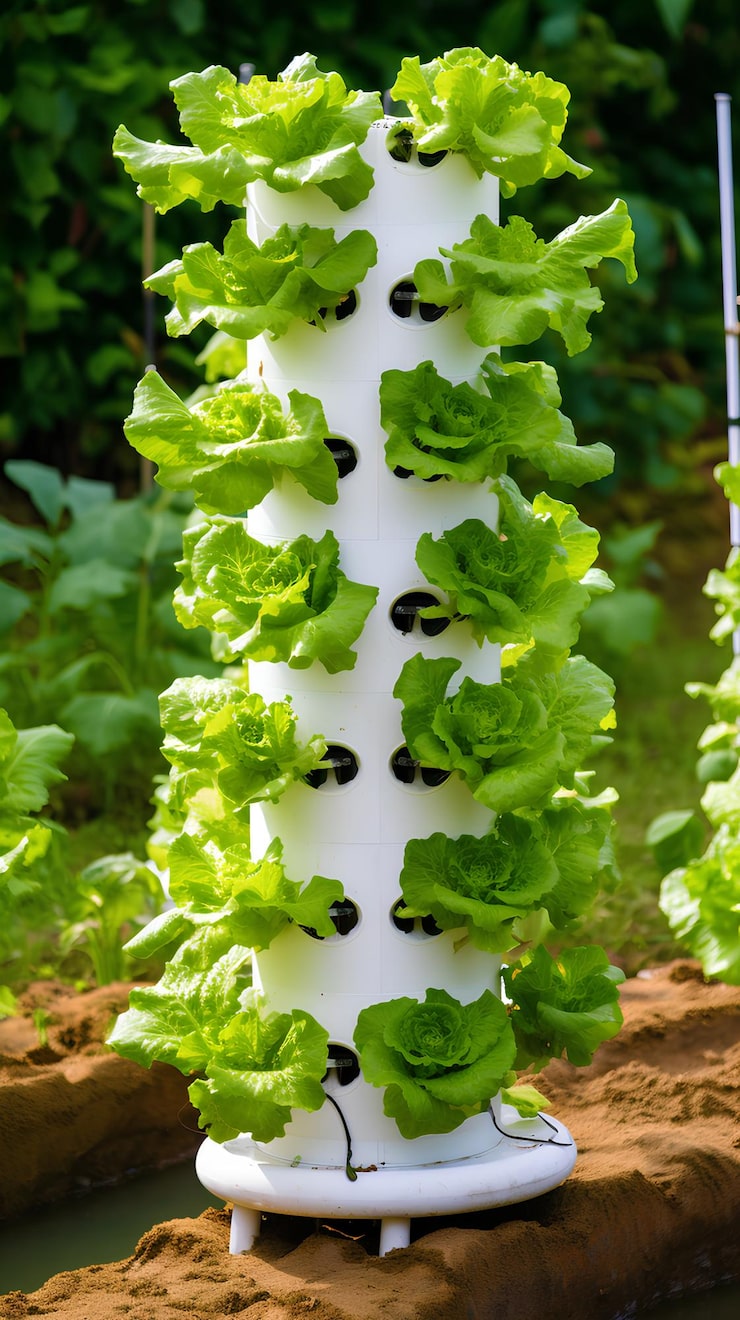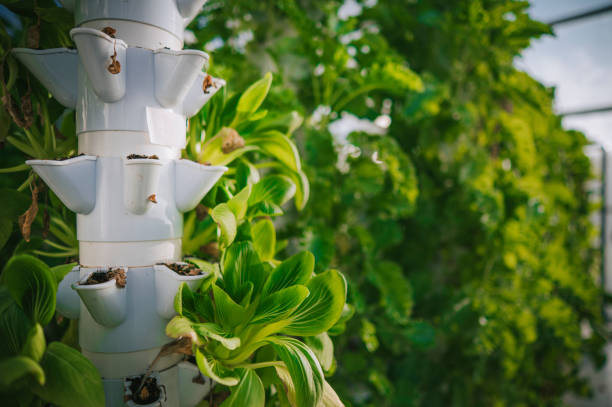Creating a thriving garden requires more than just planting seeds and hoping for the best. Healthy plants are the result of consistent care, thoughtful planning, and a deep understanding of your garden’s unique needs. Whether you’re growing flowers, vegetables, or shrubs, following proven gardening tips can ensure your plants flourish. Here’s how you can give your garden the care it deserves.
Start with Healthy Soil
The foundation of any successful garden is its soil. Healthy soil provides the nutrients, water, and structure that plants need to grow strong. Begin by testing your soil to determine its pH level and nutrient content. Adjust the pH with lime or sulfur if needed, and enrich the soil with organic matter such as compost, manure, or leaf mold. These additions improve soil fertility and help retain moisture, giving your plants the best start. Regularly aerate the soil to allow roots to access oxygen, which is essential for growth. Avoid over-tilling, as this can disrupt the soil’s structure and deplete its natural ecosystem.
Water Properly
Watering is one of the most critical aspects of gardening, and improper watering can lead to a host of problems. Plants thrive on consistent and deep watering rather than frequent, shallow sprinkles. Deep watering encourages roots to grow deeper into the soil, making them more resilient during dry periods. Early morning is the best time to water your garden, as it allows moisture to penetrate the soil before the day’s heat causes evaporation. For plants in containers, ensure they have proper drainage to prevent waterlogging. Using drip irrigation or soaker hoses can be a highly efficient way to deliver water directly to the roots without wasting it on the surface.
Prune and Deadhead Regularly
Pruning is essential for maintaining the health and appearance of your plants. By removing dead or diseased branches, you encourage new growth and improve air circulation around the plant, which reduces the risk of fungal infections. Deadheading, or removing spent flowers, prevents plants from diverting energy into producing seeds and instead directs it toward creating new blooms. This practice is especially important for flowering plants like roses, marigolds, and petunias. Always use clean and sharp tools to avoid damaging your plants or spreading diseases.
Feed Your Plants Correctly
Just like people, plants need the right balance of nutrients to thrive. Fertilize your garden according to the specific needs of your plants, using organic or chemical fertilizers as necessary. Avoid over-fertilizing, as this can lead to excessive foliage growth at the expense of flowers or fruit. Compost is an excellent, natural way to feed your plants while improving soil health. Apply fertilizer or compost in the early growing stages and during the blooming or fruiting periods for the best results.










